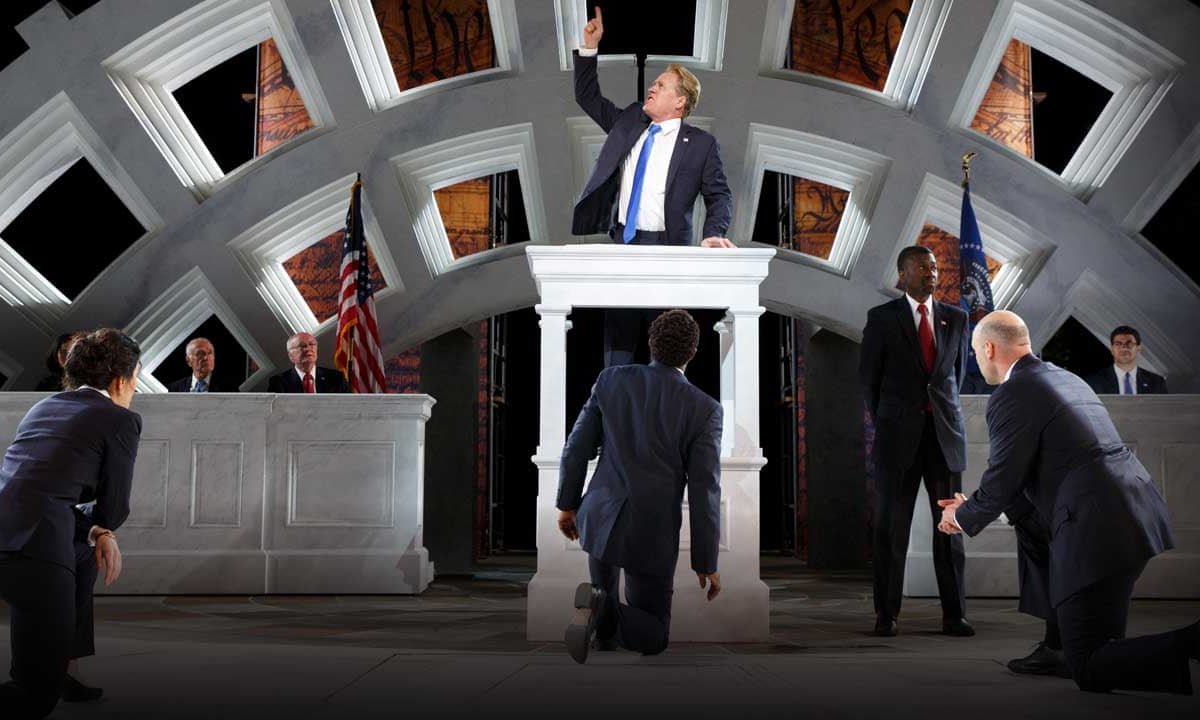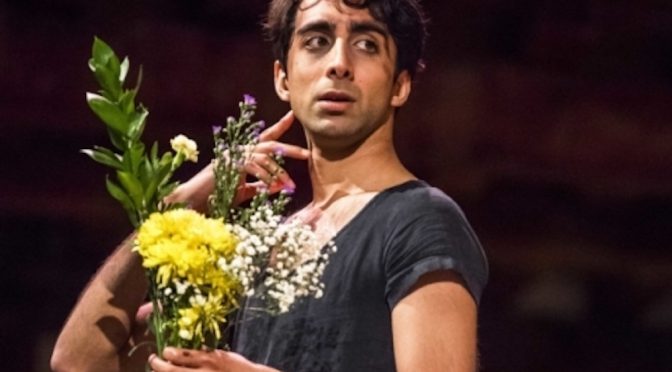By Susan Bennett and Sonia Massai
Susan Bennett is University Professor in the Department of English, University of Calgary, Canada. She is widely published across a variety of topics in theatre and performance studies, including Theatre Audiences (1997), Theatre & Museums (2013) and Sound (2019).
Sonia Massai is Professor of Shakespeare Studies at King’s College London, UK. She has published widely on the history of the transmission of Shakespeare in print and in performance. She is currently working on a new book on Shakespeare’s Accents: Voicing Identity in Performance and preparing a new edition of Richard III for the Arden Shakespeare.
When asked “What is politics?,” director Ivo van Hove’s answer is straightforward and uncompromising: “Politics is the antithesis of absolute truth.”
Continue reading Surviving Post-Truth Politics: The Theater of Ivo van Hove




